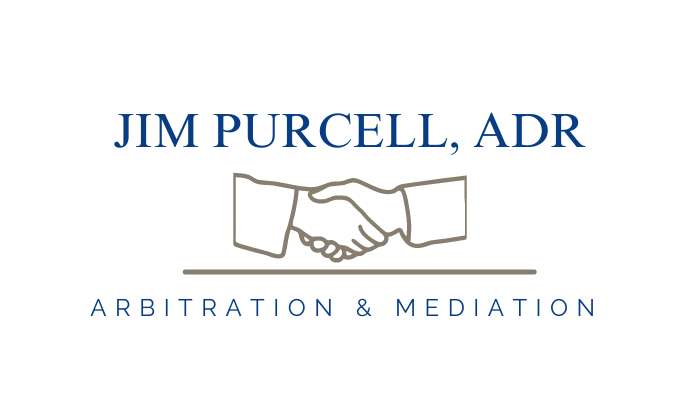 There are multiple dynamics to be considered when working with disputes in the healthcare industry. There are many different types of disputes that might emerge in this particular field, and a mediator should be prepared to understand the different factors that can influence these cases. Common examples of healthcare disputes include payor (insurer) provider (hospital or doctor) disputes, risk management controversies, reimbursement payment disputes involving private or governmental payors, patient safety claims against hospitals and other care facilities, disputes among members of a physician group or between physician groups, ACO disputes (distribution of bundled payments, governance, quality determinations, etc.), allegations under the False Claims Act, fraud issues and conflicts related to mergers and acquisitions.
There are multiple dynamics to be considered when working with disputes in the healthcare industry. There are many different types of disputes that might emerge in this particular field, and a mediator should be prepared to understand the different factors that can influence these cases. Common examples of healthcare disputes include payor (insurer) provider (hospital or doctor) disputes, risk management controversies, reimbursement payment disputes involving private or governmental payors, patient safety claims against hospitals and other care facilities, disputes among members of a physician group or between physician groups, ACO disputes (distribution of bundled payments, governance, quality determinations, etc.), allegations under the False Claims Act, fraud issues and conflicts related to mergers and acquisitions.
Disputes in the health care industry require extra attention. This is because there are concerns about patient privacy and confidentiality of a business, bringing about a timely conclusion to disputes that may involve the life or death of a patient, personally identifiable confidential healthcare information, continued management of important relationships with other healthcare participants, satisfaction of patient safety concerns, and an avoidance of public controversy issues that might hurt the reputation or political positioning of healthcare organizations. With a trained mediator at the helm, healthcare disputes can be concluded not only efficiently, effectively, and expertly, but most importantly, confidentially.
There are multiple ways that mediation and arbitration can bring specific benefits to these kinds of cases. For example, arbitration and mediation are more private than court proceedings, which tend to appeal to individuals and businesses involved in healthcare disputes. For the most part, forms of alternative dispute resolution generate conclusions much more quickly, allowing involved parties to get on with their lives and not deal with the emotional trauma of an ongoing healthcare dispute. The same is true of disputes between providers, or between payors and providers. Quick and confidential resolution is critical. Since mediation and arbitration allow more creative and flexible solutions, thoughtful resolution of highly charged disputes in the healthcare field can be dealt with appropriately. Finally, alternative dispute resolution is excellent where there are disputes involving multiple parties with ongoing relationships, and involving complex issues. In these situations, solutions that are not available through the court process may be the most applicable.
Privacy is a concern to many individuals in healthcare disputes, whether they are patients, physicians, hospitals or insurers.The confidentiality of mediation appeals to parties in healthcare disputes primarily for this reason. Many people don’t want intimate details about their healthcare situation or business to be a matter of public record. That’s where the confidential and neutral nature of alternative dispute resolution tends to play out the best.

